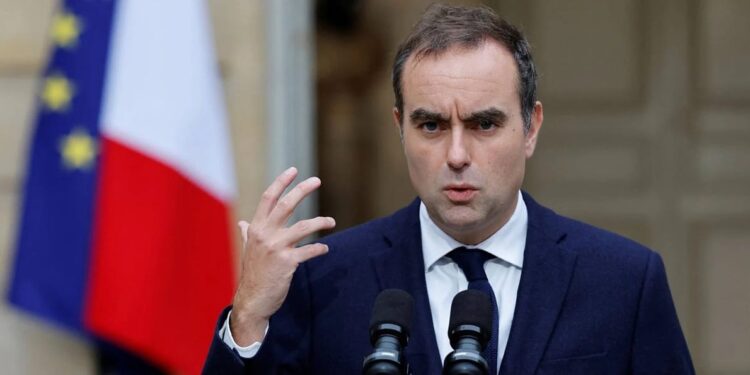Barely renewed by Emmanuel Macron, Sébastien Lecornu returns to the chair of Prime Minister in an explosive climate. The main opposition forces, from the left to the National Rally, are already threatening a motion of censure, raising the specter of a new parliamentary standoff.
Less than a week after his resignation, the head of government was called back to Matignon to try to get an unobtainable majority back into action. Emmanuel Macron, faced with the budgetary emergency and the absence of a credible alternative, chose continuity – at the risk of relaunching the crisis rather than resolving it.
But this express return does not convince. In the National Assembly, distrust remains intact: the oppositions denounce “political recycling” and an executive which refuses to learn the lessons of its failure.
Censorship is already looming
The Socialist Party confirmed that it would table a motion if the government did not change course on social and economic priorities. On the side of the National Rally, the tone is just as firm: Marine Le Pen’s party believes that “no confidence is possible” in an executive which “persists in ignoring the vote of the French”.
In this context, the presentation of the general policy declaration promises to be perilous. Lecornu may have to defend his program under the immediate threat of a vote of no confidence, before he even has time to act.
A high-risk bet for the executive
By maintaining Lecornu, Emmanuel Macron is banking on stability and experience. But this choice also reflects the political impasse in which the Élysée finds itself: a Prime Minister reappointed for lack of anything better, a majority nowhere to be found, and a Parliament ready to do battle.
At Matignon, Lecornu’s second term therefore begins under maximum tension. The slightest mistake could precipitate a new political shock — and reopen the path to early dissolution.








